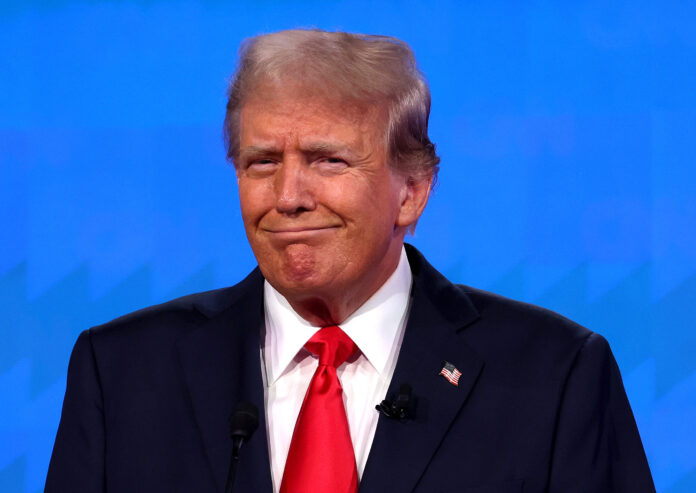Key Falsehoods or Claims:
– President Trump falsely claimed that his administration has achieved the most successful first year for any president in U.S. history, citing job creation and economic growth statistics that were not accurate.
– He also falsely claimed that the tax cut bill he signed into law was the biggest in history, which is not true when adjusted for inflation.
Source:
– NPR is a reputable and neutral media outlet known for its fact-checking and unbiased reporting.
Analysis:
– These falsehoods perpetuate a narrative of success and achievement that may influence public opinion, especially among those who support the president. The misrepresentation of facts can shape the public’s perception of the administration’s performance and policies, creating a distorted view of reality.
– The dissemination of false information by the president poses a threat to our democracy by eroding trust in the government and undermining the public’s ability to make informed decisions based on accurate information.
Hypothetical Public Reactions or Political Outcomes:
– It is possible that supporters of the president would continue to trust and defend his statements, while those who are critical of him may use these falsehoods as evidence of his lack of credibility. This could further polarize public opinion and contribute to a climate of distrust and division.
Further Reading:
– For further reading on media influence and misinformation studies, I recommend exploring reputable sources such as the Poynter Institute, the Harvard Kennedy School’s Shorenstein Center on Media, Politics and Public Policy, and the Columbia Journalism Review. These sources provide valuable insights into the impact of misinformation on public opinion and democratic processes.
Source link
Redirect URL
